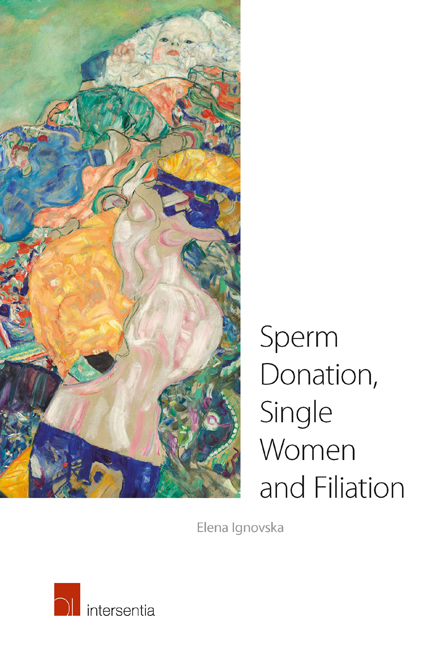Book contents
Summary
“Science enhances the moral value of life, because it furthers a love of truth and reverence – love of truth displaying itself in the constant endeavour to arrive at a more exact knowledge of the world of mind and matter around us, and reverence, because every advance in knowledge brings us face to face with the mystery of our own being”.
Max Planck, Where is Science Going? Translated by James Murphy (1932)The enormous progress of science is eagerly welcomed with regard to the growing prosperity of humankind. On the road of unstoppable scientific progress, some intrinsic human values have been endangered, thus confronting humanity with manifold moral and legal dilemmas. The possibilities, such as the assisted reproductive technologies, teeter at the very edge of ethical sensitivity regarding life and the application of science.
At the very essence of the circle of existence is reproduction, as a process of continuing the human species and thus striving for eternity. What was once considered a natural process following coitus is now more than ever a planned and conscious transformation of human life when people are ready and willing to undertake the parental role.
The first test tube baby – Louise Brown, born in Great Britain in 1978 – was probably the most famous baby in the world. Louise Brown was not only a product of conception by her parents, but also of a new and revolutionary concept in reproductive medicine, thus starting a revolution in modern families all over the world. Until Louise was born, the ethical and legal aspects regarding the process of giving birth and founding a family were focused around debates on contraception, abortion, sterilisation and, inevitably, women's bodily integrity. In vitro fertilisation (IVF) breached the exclusivity of a woman's body in which, until then, conception always took place. A woman's body, specifically her womb, no longer has primacy in the process of conception. IVF also breached the exclusivity and even outdated the modus of conceiving a child: coitus between a man and a woman. From here on, IVF has created opportunities for modelling and indeed manipulating the act of human conception, arising from the new scientific developments in bio-reproductive medicine. These new opportunities became the only possibility for some parents to have genetically related offspring.
- Type
- Chapter
- Information
- Sperm Donation, Single Women and Filiation , pp. 1 - 8Publisher: IntersentiaPrint publication year: 2015



